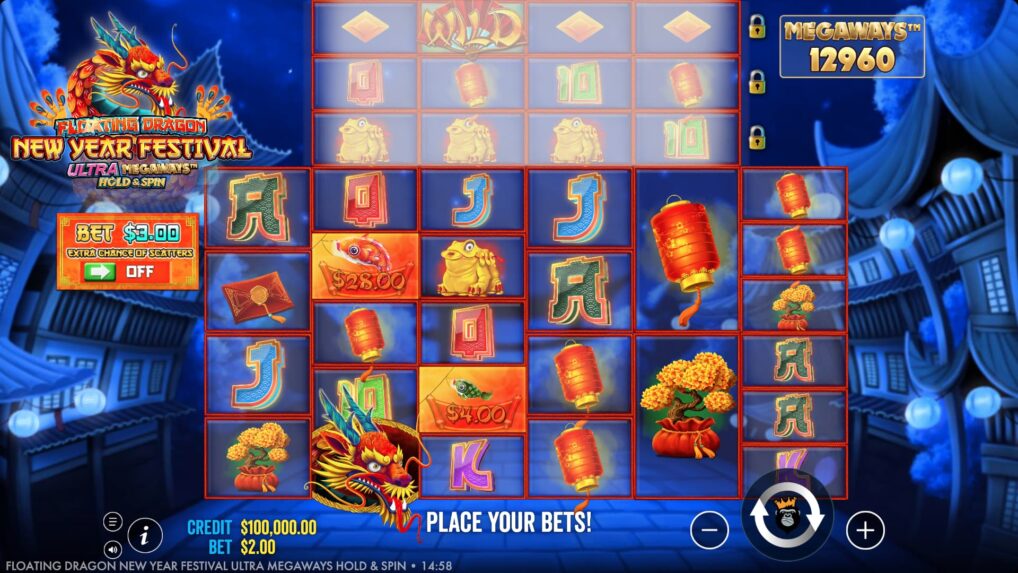Walk into any major Canadian music festival and you’ll spot them. The guy checking his phone between sets isn’t just texting. He’s watching Bitcoin charts. The group at the craft beer tent? Half of them are discussing Ethereum gas fees alongside which band to catch next.
There’s a weird demographic crossover happening in Canada right now, and it’s not what you’d expect.
Festival culture and crypto gambling have more in common than most people realize. Both attract risk-takers. Both promise experiences that feel liberating, outside the mainstream grind. And both have exploded among Canadians aged 25-40 who’ve decided traditional paths are… well, kind of boring.
The Psychology of Risk and Reward
Music festivals are gambling, in a sense. You drop $300-500 on a ticket without knowing if the weather will cooperate, if the lineup changes, if you’ll actually enjoy yourself. It’s speculative entertainment. You’re betting on a good time.
Crypto gambling takes that impulse and amplifies it. Same demographic that drives six hours to Osheaga or Bass Coast? They’re also the ones comfortable staking digital currencies on platforms like BetFury, which has carved out significant market share among Canadian players looking for licensed crypto gaming options.
The connection isn’t superficial. Both activities reward spontaneity over planning. Both create communities around shared risk. A study from the Canadian Gaming Association (though I’m skeptical of their methodology) suggested that festival attendees are 3x more likely to engage with cryptocurrency compared to the general population. Makes sense when you think about it.
Cultural Currents
Canadian festival culture has always been about escape. From the early days of folk festivals in Winnipeg to the massive EDM gatherings in BC, there’s this thread of temporary autonomy. You leave your regular life behind for 72 hours.
Crypto gambling offers a similar narrative. Break free from traditional banking. Play on your terms. The marketing writes itself, honestly.
BetFury understood this early. They positioned themselves not just as another online casino but as a platform for people who already think differently about money and entertainment. Their Canadian licensing legitimized what could’ve been dismissed as fringe activity. Now? It’s just another option for people who’ve been conditioned to question traditional structures.
The Demographics Don’t Lie
Statistics Canada hasn’t released comprehensive data on this overlap yet (they’re always five years behind), but anecdotal evidence is everywhere. Poll festival crowds about their financial habits and you’ll find way more crypto holders than in comparable non-festival populations.
Why? Partially it’s age. Millennials and older Gen Z make up the core festival demographic. These are people who came of age during the 2008 financial crisis, watched housing prices spiral beyond reason, and learned to distrust conventional wisdom about money.
They’re also digital natives who don’t see a meaningful difference between spending money on a festival ticket through an app and placing bets using Bitcoin. It’s all just tapping a screen.
Platforms know this. Games like Floating Dragon New Year Festival Ultra Megaways Hold & Spin blend festival aesthetics (bright colors, celebratory themes, sensory overload) with crypto gambling mechanics. It’s almost too on-the-nose, but it works because the audience already lives in both worlds.

The Money Question
Here’s where it gets interesting – and maybe concerning, depending on your perspective.
Festival spending is elastic. People who budget carefully all year will blow a month’s discretionary income on festival season without blinking. That same mentality translates dangerously well to gambling.
BetFury and similar platforms have seen Canadian user growth spike during summer festival months. Correlation isn’t causation, sure, but the pattern repeats year over year. People get into that “live for the moment” headspace and it bleeds into other behaviors.
The Canadian government has been… let’s say “thoughtful” about regulation here. They’ve allowed licensed crypto casinos to operate while simultaneously funding problem gambling resources. It’s a hedged bet, which feels very Canadian.
Community and Connection
What really binds these two worlds is community.
Festival culture thrives on shared experience. So does crypto gambling culture. Online forums, Discord channels, Telegram groups – crypto gamblers create festival-like communities in digital space. They share wins, commiserate over losses, trade strategies like festival-goers trade artist recommendations.
BetFury’s Canadian community, for example, operates almost like festival planning groups. People strategize, coordinate, celebrate together. The social element matters more than non-gamblers realize.
According to research from the Centre for Addiction and Mental Health, social gambling behaviors have increased 340% in Canada since 2020. Some of that’s pandemic-driven, but some reflects this broader cultural shift toward communal risk-taking.
The Critics Aren’t Wrong
Let’s not pretend this overlap is entirely positive.
Both activities can become problematic. Festival culture can enable substance abuse and financial irresponsibility. Crypto gambling can destroy lives when it spirals into addiction.
The combination? Potentially volatile. You’re talking about a demographic that’s already comfortable with risk, already somewhat divorced from traditional financial thinking, and already primed for impulsive decisions.
Responsible operators (BetFury included) have implemented safeguards – deposit limits, self-exclusion options, responsible gaming resources. But there’s an inherent tension in marketing “freedom and excitement” while simultaneously promoting restraint.
The Future Landscape
This overlap isn’t disappearing. If anything, it’s deepening.
As crypto becomes more mainstream (and it is, despite the skeptics), the barrier between “normal entertainment spending” and “crypto gambling” will continue to erode. Festivals are already experimenting with crypto payment systems. Some are even offering NFT-based tickets.
The integration feels inevitable. Which means regulation needs to catch up fast.
Canada’s approach has been relatively progressive. The licensing framework that allows platforms like BetFury to operate legally here puts us ahead of many jurisdictions. But there are gaps. Huge ones.
We need better data on harm. We need clearer guidelines on marketing. We need to acknowledge that people living in both worlds might face compounded risks that traditional frameworks don’t address.
What It Means
The intersection of festival culture and crypto gambling in Canada tells a bigger story about how younger generations approach risk, community, and entertainment.
They’re not interested in the rigid separations previous generations maintained. Entertainment, investment, social connection – it all blends together in their lived experience.
That’s not inherently good or bad. It just is.
Policymakers and parents might wring their hands about it, but this demographic isn’t asking for permission. They’re already there, living in a space where dropping $200 on a festival ticket and $200 on crypto slots feels functionally identical.
The question isn’t whether this overlap will continue. It will. The question is whether we’ll build frameworks that protect people without patronizing them, that acknowledge risk without demonizing it.
Honestly? I’m not optimistic. Canada tends to regulate slowly and reactively. By the time comprehensive policies emerge, this demographic will have moved on to whatever’s next.
For now, though, the overlap is real, growing, and reshaping how we think about both entertainment and gambling in this country. Whether that’s progress or regression probably depends on who you ask and whether they’ve got skin in the game.
For more information on responsible gambling practices in Canada, visit the Canadian Centre on Substance Use and Addiction at https://www.ccsa.ca, which provides evidence-based resources on gambling behaviors and harm reduction.




